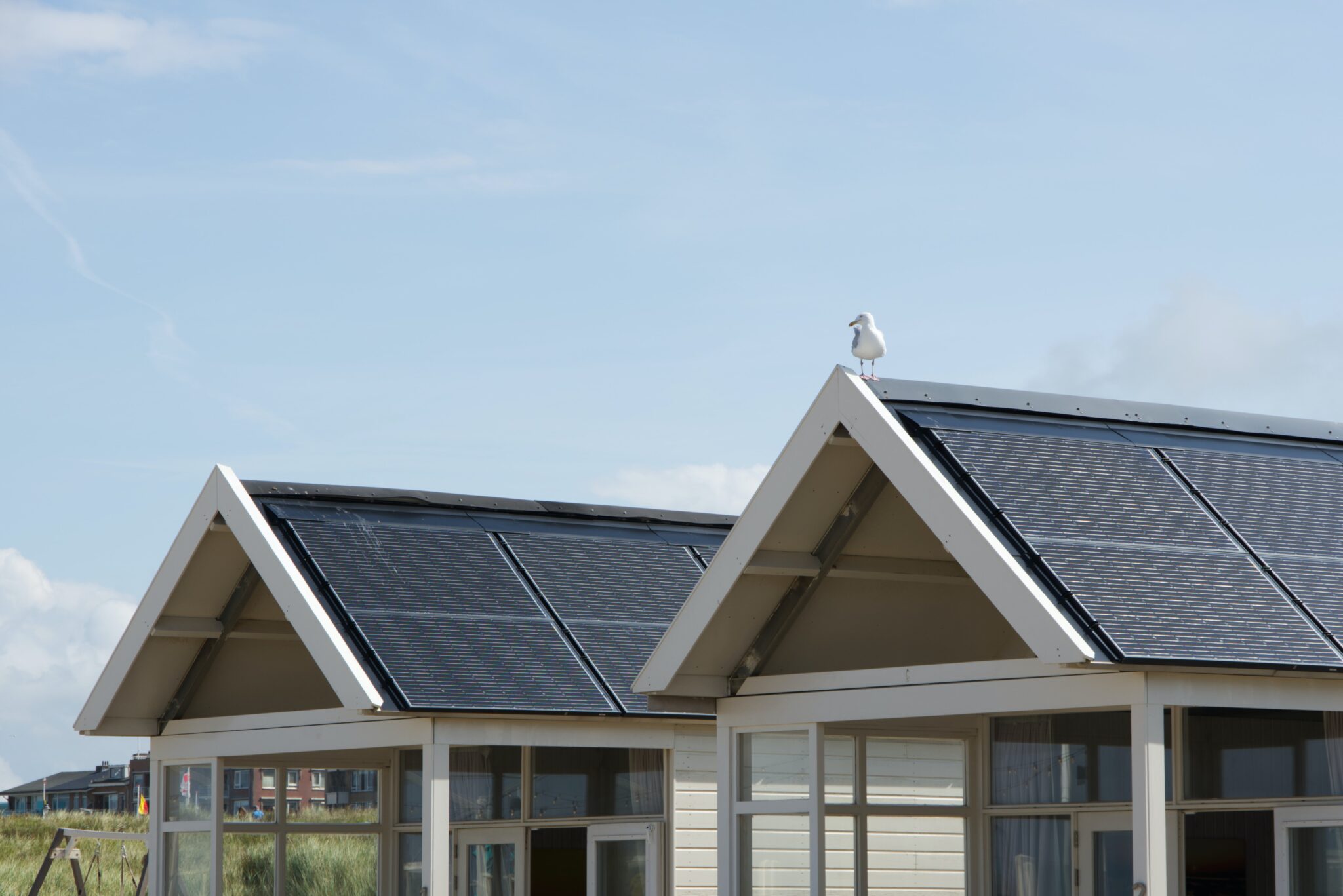Sustainable Living at Home: Going Beyond Solar
As the world increasingly embraces sustainable practices, homeowners are seeking ways to reduce their environmental impact and create a greener living space.

While solar panels have become a popular choice, there are numerous other ways to make your home sustainable and eco-friendly.
Energy-Efficient Appliances and Lighting
One of the simplest yet most effective ways to improve home sustainability is by investing in energy-efficient appliances and lighting. Energy Star-rated appliances consume less energy, resulting in reduced utility bills and a smaller carbon footprint. Similarly, LED light bulbs use significantly less electricity than traditional incandescent bulbs, saving energy and lasting much longer. By making these simple swaps, homeowners can take a big step towards conserving energy and reducing greenhouse gas emissions.
Smart Home Technology
Embrace the power of smart home technology to optimize energy usage and enhance sustainability. Smart thermostats allow you to control your home’s heating and cooling remotely, optimizing temperature settings for energy efficiency. Automated lighting systems can be programmed to turn off when rooms are unoccupied, saving electricity and reducing waste. Integrating these technologies into your home not only simplifies your life but also supports your commitment to sustainability.

By making these simple swaps, homeowners can take a big step towards conserving energy and reducing greenhouse gas emissions.
Water Conservation
Water conservation is another critical aspect of sustainable living. Install low-flow faucets and showerheads to reduce water usage without compromising comfort. Collect rainwater in barrels to water your garden and plants, reducing the need for additional water resources. Additionally, consider landscaping with native, drought-resistant plants that require less water and maintenance.
Efficient Insulation and Windows
Proper insulation and energy-efficient windows are key to maintaining a comfortable indoor temperature and reducing the need for excessive heating and cooling. Adequate insulation prevents heat loss during winter and heat gain during summer, which helps conserve energy and lower utility bills. Energy-efficient windows with double or triple glazing provide better insulation and minimize air leakage, ensuring your home remains cozy year-round.
Sustainable Materials and Eco-Friendly Design
When renovating or redecorating your home, opt for sustainable materials and eco-friendly design practices. Choose flooring made from recycled or renewable materials, such as bamboo or cork. Use low-VOC (volatile organic compounds) paint to reduce indoor air pollution. Incorporate reclaimed or upcycled furniture into your décor, giving new life to old pieces and reducing waste.

Composting and Recycling
Creating a composting system for food scraps and yard waste is an excellent way to reduce landfill waste and produce nutrient-rich soil for your garden. Composting not only minimizes methane emissions from landfills but also decreases the need for chemical fertilizers, promoting a more sustainable approach to gardening. Additionally, recycle as much as possible, making sure to follow your community’s recycling guidelines.
Energy Audits and Home Efficiency Upgrades
Consider scheduling a professional energy audit to identify areas of inefficiency in your home. An energy audit will help you pinpoint areas where energy is being wasted, allowing you to prioritize upgrades and improvements. These upgrades may include sealing air leaks, improving insulation, and upgrading to energy-efficient HVAC systems.
Passive Solar Design
If you’re building a new home or considering major renovations, think about incorporating passive solar design principles. This approach harnesses the sun’s energy through proper orientation, strategically placed windows, and thermal mass materials. Passive solar design optimizes natural heating, cooling, and lighting, reducing the need for artificial energy sources.
These efforts not only benefit the environment but also enhance the quality of life within your home.
Conclusion
Going beyond solar panels, homeowners can embrace a range of sustainable practices to create a more environmentally friendly living space. By investing in energy-efficient appliances, smart home technology, and sustainable materials, and by implementing water conservation measures, you can significantly reduce your ecological footprint. Composting, recycling, and adopting passive solar design principles further contribute to a greener, more sustainable lifestyle.
Together, these efforts not only benefit the environment but also enhance the quality of life within your home. By making conscious choices and embracing sustainability, homeowners play a vital role in preserving our planet for future generations. So, let’s commit to a more sustainable way of living and take small steps towards a greener, healthier future right from the comfort of our homes.



